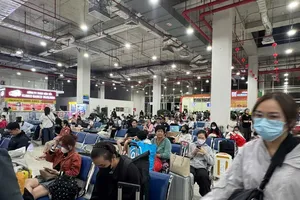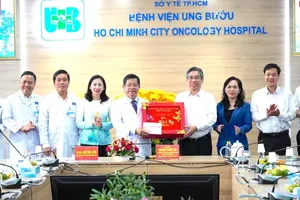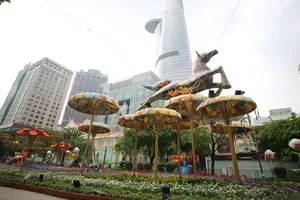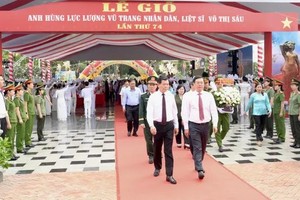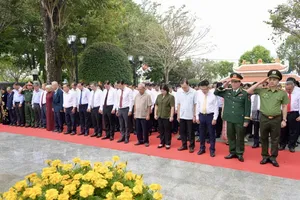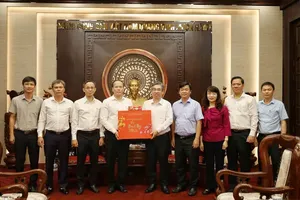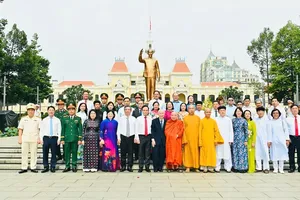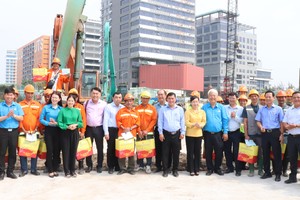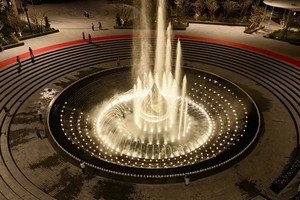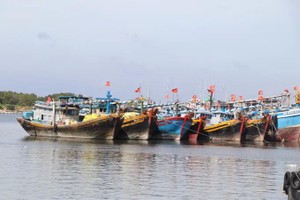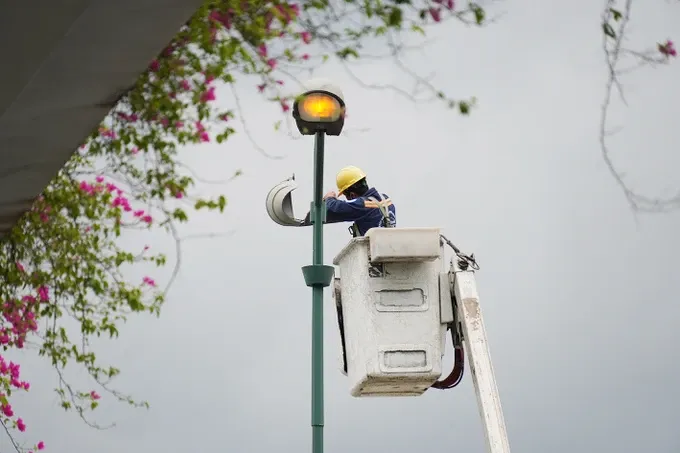
Director Bui Thanh Tan of the HCMC Urban Infrastructure Construction Investment Projects Management Unit informed that at the end of February, his organization submitted to the HCMC People’s Committee the proposed project ‘Low Carbon City Development in HCMC in Priority Aspects’, including four sub-projects for a total investment of US$250 million.
The first sub-project is investments in replacing current incandescent street light systems by smart LED ones or installing new such systems. Along with the plan to set up solar panels on the building rooftops of state agencies, the total emissions amount in 10 years is expected to reduce by 1 million tonnes of CO2 and the revenues from selling carbon credits can reach VND220 billion ($8.91 million), exclusive the saved energy. The cost for this sub-project is $170 million, including $150 million borrowing from the WB. The rest is the non-refundable aid from the Dutch Government.
The second sub-project is the establishment and operation of a carbon credit mechanism. Detailed works are preparing necessary documents and design for the project to submit to the international carbon credit issuance organization, hiring consultants to assess, verify, and develop a benefit sharing plan as well as monitoring reports, and handing in a request for carbon credit issuance and auction on the global market. The predicted expense is about $10 million, taken from the non-refundable aid from the Dutch Government.
The third is a plan to encourage the participation of the private sector in devising emissions reduction measures via approaching international carbon credit markets. This is considered a sensible alternative to tax preferential policies, which are quite common in high-income cities in the US or Europe. It is a logical way to mobilize small and fragmented investment amounts in the private sector. The financial aid is paid based on a benefit-sharing plan. The estimated cost for this project is $40 million, half of which comes from the non-refundable aid from the Dutch Government, and the rest from WB loans.
The last sub-project is supporting tasks to carry out the three above, like technical infrastructure relocation, project consultation and management, tax management. The calculated cost is about $30 million, received from the counterpart capital of HCMC.
These sub-projects are prepared from 2024-2025, followed by a kickoff in 2026 and completion in 2030. When finished, they are expected to help fulfill the goal of reducing CO2 emissions to net zero in 2050 while raising the revenue for the city budget from selling carbon credits in international markets with an optimized mechanism.
More importantly, the whole project encourages private investors to apply solutions to decrease exhaust fumes emissions by turning this reduced amount into carbon credits and earn money from them in global carbon credit markets.
Deputy Director Nguyen Quang Thanh of the HCMC Finance and Investment State-owned Co. shared that his unit is working with the WB about carbon credit transactions in HCMC.
Assoc. Prof. Dr. Nguyen Hong Quan, Head of the Research Institute for Circular Economy Development (under Vietnam National University-HCM) proposed that HCMC can introduce policies to encourage and help businesses to form goals or plans for voluntary emissions reduction and carbon credit transactions to compensate their own emissions volume.
Obviously, the growth of a carbon credit market in HCMC is predicted to generate a significant revenue; meanwhile, this market itself is an element to attract investments in renewable energy, environment technology, and thus promoting the establishment of the green economy here.
The HCMC Department of Industry and Trade informed that adopting Resolution No.98/2023/QH15, HCMC pinpoints more than 2,600 building rooftops eligible for installing solar panels to harness about 166,357kWp of solar energy. It is estimated that this work will cost VND2.5 trillion ($101.3 million).
The city also sets a target of having half of the buildings of state agencies and half of private houses use solar energy generating from rooftops by 2030; having all street light systems changed into LED bulbs by 2025.
